Computex 2016: What we expect to see from Taipei's huge hardware show
Ten-core processors, the future of GPUs and the internet of everything...
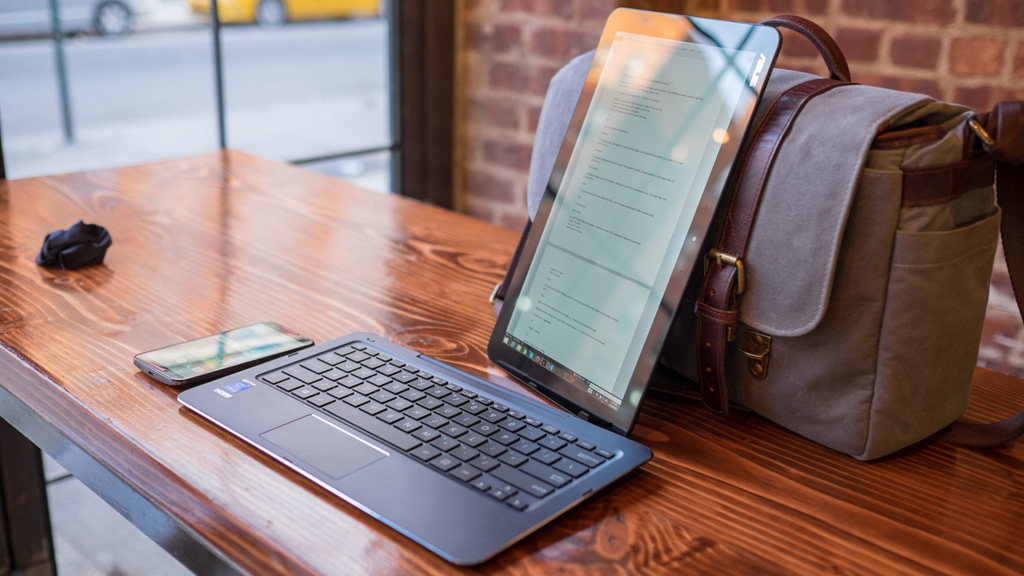
Computex Taipei started as a trade show back in 1981, and today it's one of the world's biggest; only February's CeBIT event in Hanover is bigger. It's important for the whole tech industry, with lots of new desktop, notebook and mobile devices unveiled, but it's arguably most important for gamers and graphics pros.
Why? Well, because it's where the likes of Intel, AMD and Nvidia tend to unveil their fastest processors and most exciting GPUs. So what's on the agenda for Computex 2016 when it kicks off on May 31?
We've sifted the river of rumor for nuggets of knowledge and flakes of fact, and we've got a pretty good idea of what's going to get everybody excited this year. If you're a gamer, you should probably start saving.
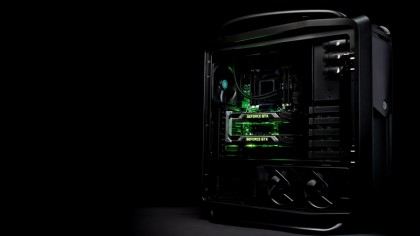
Polaris and Pascal
AMD's one is called Polaris and Nvidia's one is Pascal, they're the next generation of consumer GPUs, and they're expected to launch - but not necessarily ship - at or near this year's Computex. While the technologies differ they both bring dies down to just 16nm and promise vastly improved performance and higher energy efficiency.
Nvidia says it'll start shipping its first Pascal cards, the GTX 1070 and GTX 1080, in July, but multiple rumors say that AMD's Polaris will take a bit longer to reach your favourite retailer's online shelves.
Some pundits say that AMD is closing the performance gap between its GPUs and Nvidia's, which could be interesting. While GPU sales are a bit soft at the moment, demand for high-end gaming and VR should be good news for the most powerful GPUs.
Nvidia Notebooks
With its mobile GPU shipments up 34.2% year on year, Nvidia likes gaming notebooks a lot - so you can expect to see a big push at Computex for Pascal-powered portables, with enthusiastic support from OEMs: gaming laptops are one of the few bright spots in the declining PC market, with global shipments this year expected to top 5 million units.
Get daily insight, inspiration and deals in your inbox
Sign up for breaking news, reviews, opinion, top tech deals, and more.
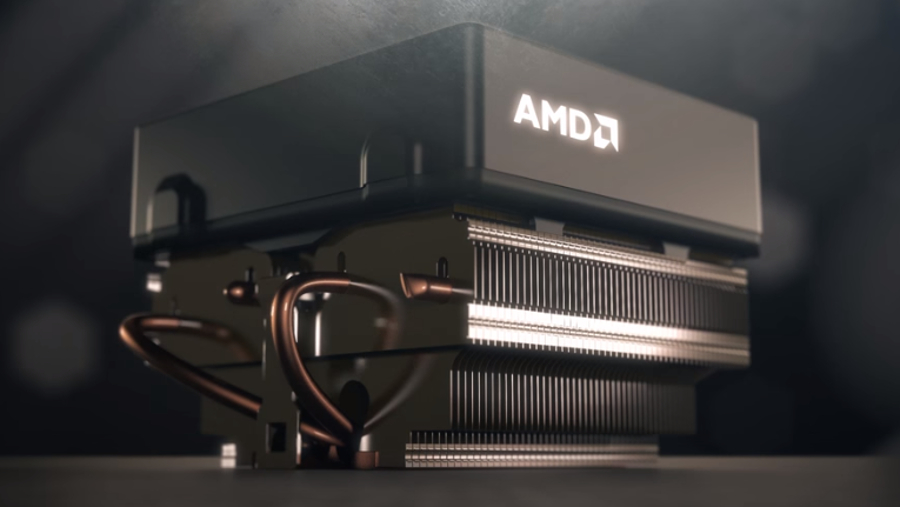
AMD takes it to the Ridge
AMD likes mobile too, and its imminent Bristol Ridge APUs (Accelerated Processing Units) are launching on mobile first, with a new HP Envy X360 using the seventh generation processors. That isn't a rumor: AMD has "pre-announced" its announcement.
According to AMD the Bristol Ridge APUs deliver 23% better 3DMark scores and 5% improvements in PCMark 8v2. What we won't see at Computex, however, is Zen: the rather exciting processors are scheduled for release later this year but aren't expected at Computex.
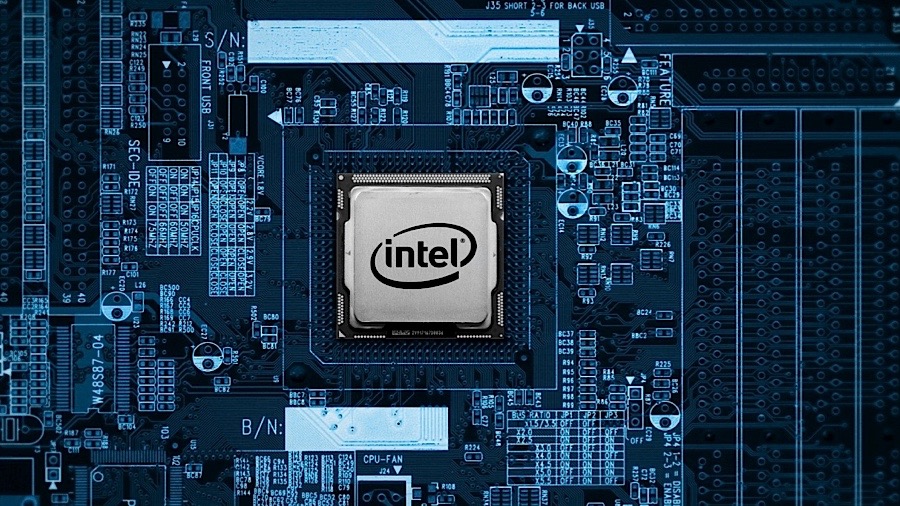
Core blimey: Intel turns it up to 10
Intel is expected to show off the successor to its Skylake processor, Kaby Lake, but the previous tick/tock cycle has been dumped: there's no new consumer chipset imminent, and Kaby Lake is just an evolution of Skylake rather than anything strange or startling. Gigabyte says it'll be offering more powerful and more feature-packed Z170 boards, but we don't expect more details until Computex begins. There should also be new Gigabyte X99 boards for Intel's forthcoming 14nm Broadwell-E processors.
Did someone say Broadwell-E? Intel intends to show off the very first deca-core processor for the commercial market in the form of the Core i7 6950X. That's two more cores than Intel previously promised, and it's expected to cost around $999/around £694. There will be slightly more modest Broadwell-Es too: the 8-core 6900K ($450/£312), the six-core 6850K ($550/£382) and the six-core 6800 (around $450/£312).
Intel has more processors on the horizon, although as they've already been detailed during April's Intel Developer Forum we don't expect much fuss at Computex. Apollo Lake processors are the successors to the Cherry Trail Atom processors and the Braswell Celeron/Pentium processors, and you'll see them in budget laptops and desktops later this year. They're designed for "cloudbook" devices: low price, low spec devices that cover the basics. Think Chromebooks, but running Windows.
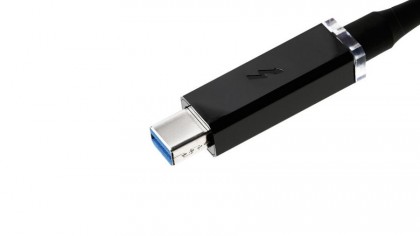
Thunderbolt exciting, not very very frightening
Gigabyte is also continuing its push for Thunderblot 3, the exceptionally fast connection technology; it had the first Thunderbolt 3 certified board, its Z170X UD5-TH board is Intel's reference device for firms making Thunderbolt 3 devices and it's going to be sticking Thunderbolt 3 in everything, right down to its mini PCs.
(The Internet of) Things can only get better
One of the highlights of Computex is the CPX Conference, which aims to highlight "the most important trends shaping the next wave of tech applications". This year, those trends include the Internet of Things, Machine Learning and Device Mesh, and speakers include ARM CEO Simon Segars, Qualcomm GM of Connectivity Rahul Patel and Siemens Taiwan president Erdal Elver.
Will we see the Xperia C?
Two Sony smartphones, F3216 and F331, have been spotted by performance testing website GFX: they're 4.6-inch smartphones and the most powerful, the F3216, appears to have a 20MP camera and a 15MP front-facing camera as well as a full HD display, octa-core processor, 2GB of RAM and 16GB of storage. Spotting two devices in GFX just a month before Computex strongly suggests that an announcement is imminent.
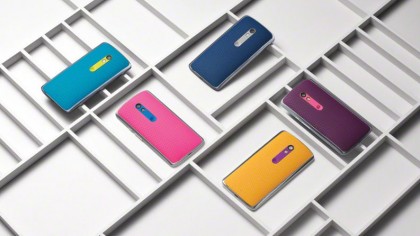
Lenovo: hello Moto?
We already know about the Zuk, Lenovo's new handsets for the Chinese market, but Lenovo is also working on two new Moto phones, the G4 and G4 Plus. CEO Yang Yuanqing promises an "exciting" Motorola reveal on June 9, just after Computex, and many observers hope that means a revamped Moto X line-up too.
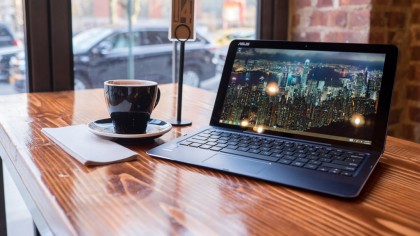
A book you've already read
Here's another pre-announcement for you: Asus will launch the Transformer Book T302 at Computex and start shipping within a few weeks (the T300 Chi is the model pictured above). The 12.5-inch device runs Windows 10 and has a removable keyboard; inside there's a choice of a Core M3-6Y30 or Core M7-6Y75 backed with 4GB or 8GB of RAM and 128GB, 256GB, or 512GB SATA III M.2 SSDs. We know the spec; the price will be revealed at the event.
Writer, broadcaster, musician and kitchen gadget obsessive Carrie Marshall has been writing about tech since 1998, contributing sage advice and odd opinions to all kinds of magazines and websites as well as writing more than a dozen books. Her memoir, Carrie Kills A Man, is on sale now and her next book, about pop music, is out in 2025. She is the singer in Glaswegian rock band Unquiet Mind.
